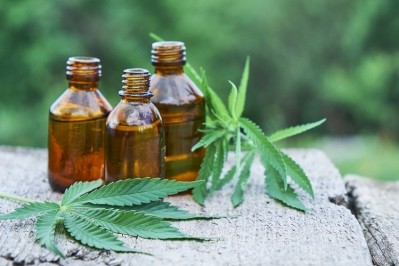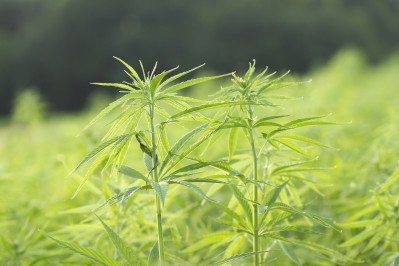What's in store for CBD? The hype and attention will die down, says attorney
Two things have been made clear about CBD in the recent signing of the 2018 Agricultural Improvement Act (also called the Farm Bill): Firstly, it is still illegal to market CBD-containing dietary supplements and secondly, the 2018 Farm Bill does not affect FDA's position that CBD is permissible as an ingredient due to prior investigation as a new drug.
In a statement, FDA Commissioner Dr Scott Gottlieb reiterated: "It’s unlawful under the FD&C Act to introduce food containing added CBD or THC into interstate commerce, or to market CBD or THC products as, or in, dietary supplements, regardless of whether the substances are hemp-derived. This is because both CBD and THC are active ingredients in FDA-approved drugs and were the subject of substantial clinical investigations before they were marketed as foods or dietary supplements."
Attorney: Understand what you're marketing and your risk tolerance
Todd Harrison, attorney and partner at the law firm Venable, who helps clients maneuver the CBD regulatory landscape, said that marketing a hemp extract containing 5% or 10% CBD as opposed to a CBD isolate are two very different situations and arguments.
"You’re never going to convince FDA that the pure CBD isolate ingredient is appropriate, but we can start stepping things down," Harrison told NutraIngredients-USA.
Companies that have received FDA warning letters have primarily been those marketing products with pure CBD extracts, Harrison explained.
The companies that have a stronger shot in the marketplace are ones marketing non-standardized hemp extracts, according to Harrison.
"Now on the other side, we have non-standardized extracts, where you’re just basically removing the fiber and liquid from the plant and you’re not manipulating the levels of any particular constituent. I think that is a very strong argument that that ingredient can be marketed because it was not the article that was approved as a drug," he said.
As for the products marketing themselves as a pure CBD extract? The FDA has precedent on their side, said Harrison, because CBD was the subject of an Investigational New Drug (IND) application by GW Pharmaceuticals, which markets the approved CBD drug Epidiolex.
"I don’t think they [products marketed as pure CBD] pass the laugh test."
Harrison advises his clients looking to market CBD products to understand their risk tolerance and to have an exit strategy, which he's seen in the form of discontinuing CBD-containing products or selling the company.
CBD 'will not be the hot ingredient in five years'
Will the industry be discussing CBD as an ingredient as vigorously as it is today? Harrison says no, and he believes the CBD buzz is coming to a gradual close.
"Dietary ingredients have roughly a one- to three-year life cycle and then the industry’s off to the next greatest thing. We’re getting towards probably the third or fourth year of the CBD’s life cycle," Harrison opined.
Google trends data shows searches for CBD have been on the rise for the past five years.
"Something else will become more important, so it will naturally die on its own course. It will not be the 'hot' ingredient in five years and I’m pretty comfortable with saying that. "
What will come next for CBD?
As Harrison previously told our sister publication FoodNavigator-USA last month, it would take up to a year before all the necessary regulations are in place at the state and federal level.
He added that the industry could attempt to get the FDA to pass a special resolution that allows CBD as an ingredient even though it went through the formal IND process.
"Under the law, if an ingredient was not in the marketplace prior to the initiation of an IND and substantial clinical trials, it’s precluded, unless FDA specifically authorizes use as dietary supplement. Nobody has asked that question of the FDA," added Harrison.















